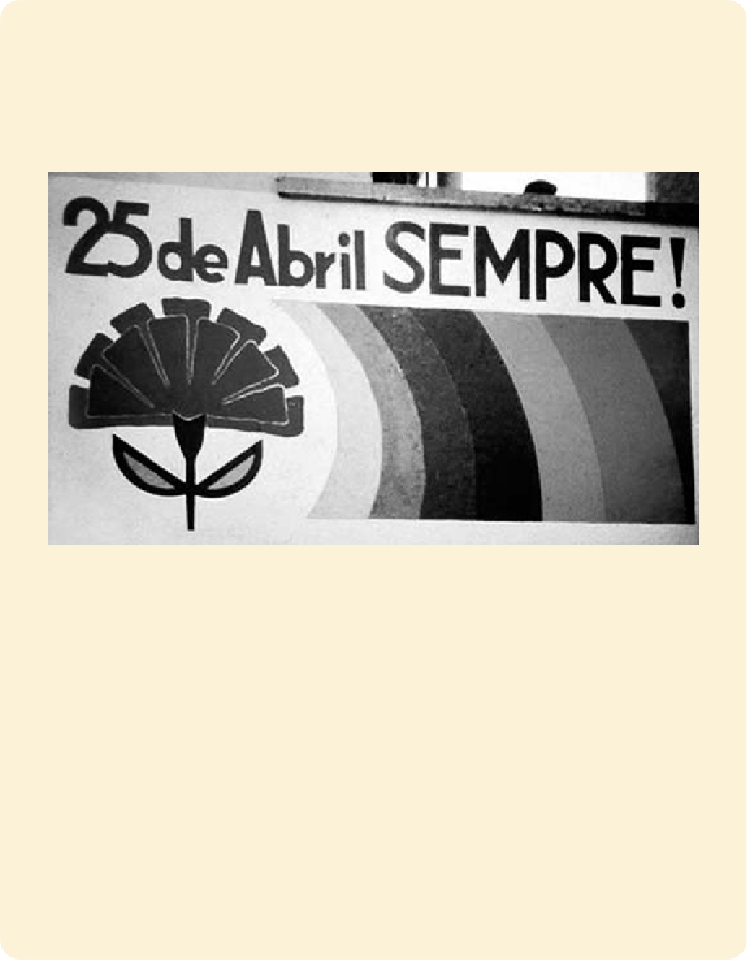Travel Reference
In-Depth Information
The Carnation Revolution
António Salazar, who ruled Portugal from 1926 to 1968, was modern Europe's
longest-ruling dictator (he died in 1970). Salazar's authoritarian regime, the Estado
Novo, continued in power under Prime Minister Marcelo Caetano until 1974.
By the 1970s, all the fighting in Portugal's far-flung colonies over the past decade
had demoralized much of Salazar's military, and at home, there was a growing appetite
for a modern democracy. On April 25, 1974, several prominent members of the milit-
ary reluctantly sided with a growing popular movement to oust the government. Their
withdrawal of support spelled the end of the Salazar era. Only five people died that
April day, in a well-planned, relatively bloodless coup. Citizens spilled into the streets
to cheer and put flowers in soldiers' rifle barrels, giving the event its name: the Carna-
tion Revolution. Suddenly, people were free to speak aloud what they formerly could
only whisper in private.
In the revolution's aftermath, the country struggled to get the hang of modern
democracy. Their economy suffered as overseas colonies fell to nationalist uprisings,
flooding the country with some 800,000 emigrants. For colonial overlords, life went
from “shrimp day and night” to a sudden collapse of the empire; for their own safety,
they fled back to Portugal. A good number of these “returnees” didn't fit into their
newly democratic old country—feeling like people without a homeland, many ulti-

